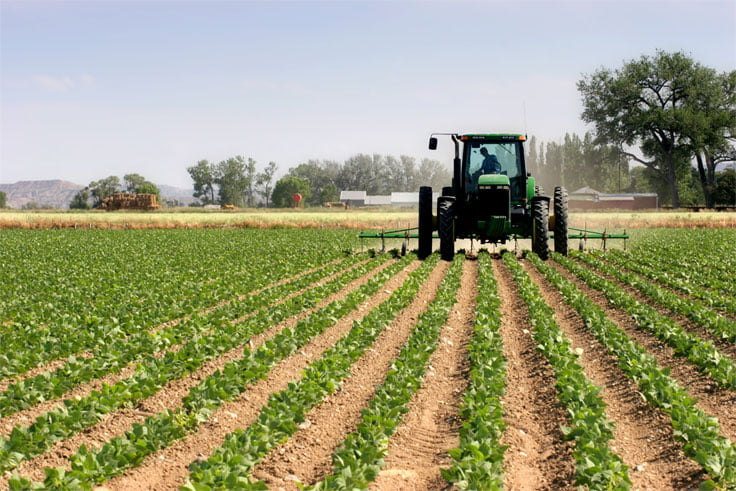For entrepreneurs looking to not only start and run their own business but to also do so while gaining plenty of time spent outdoors, an agricultural business can be a very desirable choice. Many options are available to you within the realm of agriculture, depending on what you would like to work with: organic materials, plants, livestock, dairy, and more. Small, self-maintained farms can serve a significant purpose to the community and region at large.
If you’re looking to start an agricultural business venture, here is a guide to get you started.
Acquire Your Skills
Wanting to begin a farm is easier when you have the experience or have had a history in farming within your family if valuable skills have been passed down. However, if you’re a startup with no experience in the industry, you’ll need to acquire your farming skills from scratch. There are options available to you if you’re looking to develop agricultural skills. These will include:
• Apprentice farming
• Work experience and voluntary work in farming
• Agricultural study and education
• Attending a farming–focused school
Hands-on training is going to be the most efficient training option for you, as it’ll be physical work you’ll be undertaking in agricultural business, and you will train much easier in the same environment rather than from distance learning or study books. Still, of course, it is about which method is best for you.
To Lease or To Buy?
You’re going to need land, and you have the same options available to you as you would if you were considering a business premises. There are pros and cons for both options, but leasing will offer the least financial risk for a new farmer. Nevertheless, buying a plot of land will see you assuming full control, so it is about what is best for you and your budget in the circumstances.
Ensure Your Irrigation System
A dependable irrigation system is what is going to keep your plants, crops, and soil watered when needed, which is especially crucial during periods of no rainfall. There are many ways you can look to improve your irrigation system, including the implementation of air valves, which will improve efficiency.
Find Your Niche
Agriculture and farming are a broad spectrum, and it may be that there is no current demand for your first choice. It’s going to take time to research and plan to find a suitable target market and business opportunity. Market research is vital, so you’ll want to perform this to find out the opportunities available to you in your desired area within the agricultural market.
Network with Others
It’s a good idea to make valuable farming contacts, both who can help you to learn and who can pass on their wisdom and experience. Having dependable contacts in the agricultural world will be a boon.
Arrange Your Business Plan
Any new business always requires a plan. If you are going to require a lease for the land, then a business plan will help you to focus that plan as well as align your agricultural goals.







